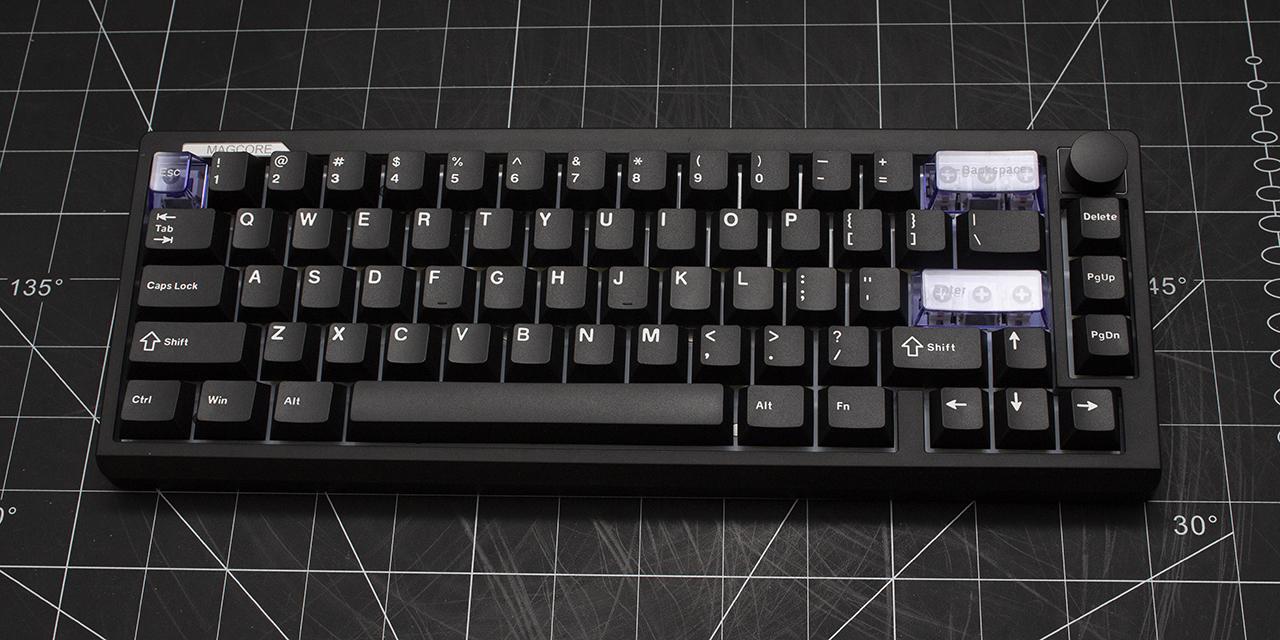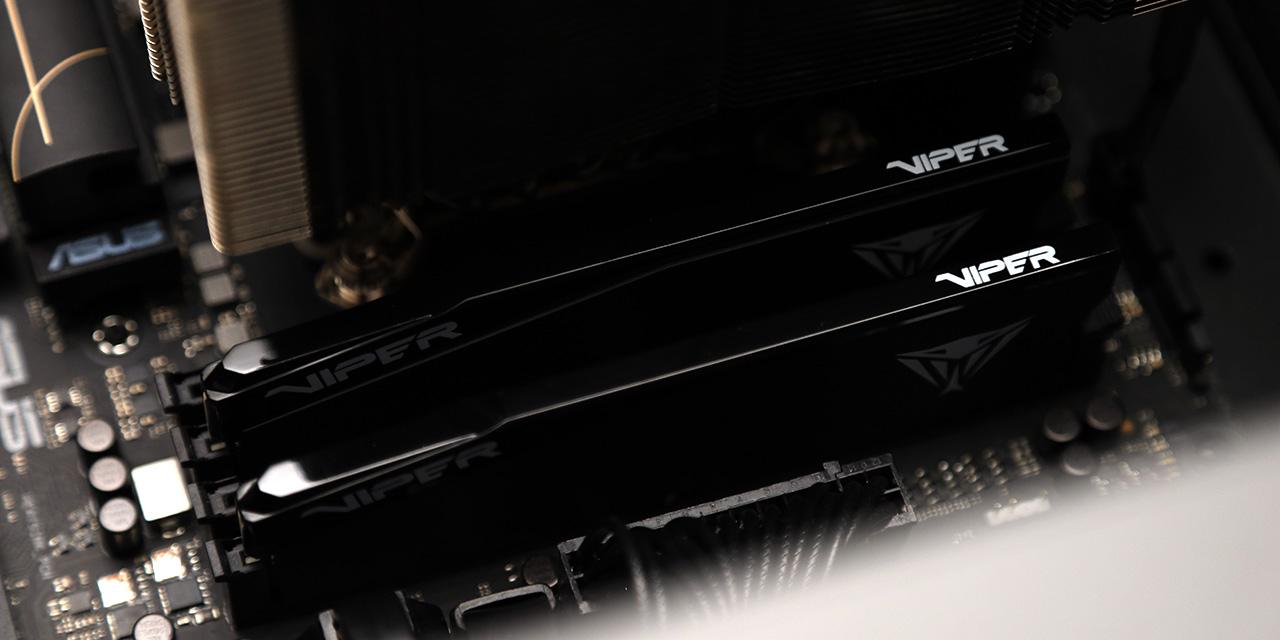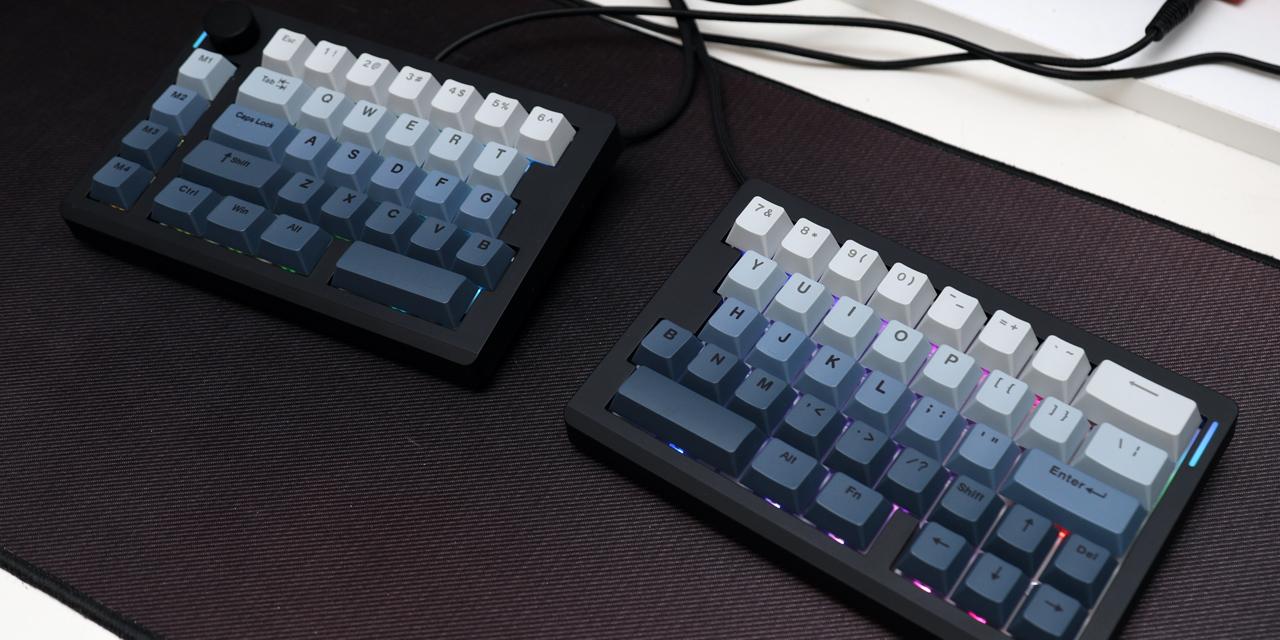From DailyTech: Intel's recently released low-power Atom processor Bay Trail platform already offers hardware support for 64-bit addressing, plus on-chip acceleration of certain graphics and cryptography functions in double-precision. Bay Trail based tablets with Google Inc.'s (GOOG) popular Android mobile operating system are expected to start this holiday season at $150 USD.
As with ARM Holdings plc's (LON:ARM) push for 64-bit (which Apple, Inc. (AAPL) was the first OEM to heed, with its 64-bit A7 SoC), a key reason for Intel's push appears to be software compatibility. While tablets don't typically have more than 4 GB, and thus technically don't need 64-bit from an addressing standpoint, that's expected to change within a couple of years when today's laptop technology (8-16 GB in high-end models) trickles down to ultra-mobile market. 64-bit also allows faster register operations on big data I/O such as 4K video. By introducing 64-bit now, the industry is preparing in advance for this shift from a firmware/programming perspective.
The only thing holding Bay Trail back from going 64-bit at this point is Google. Android's 64-bit branches for x86 and ARM are still in the experimental stages. The story is the same with Microsoft Corp.'s (MSFT) Windows 8.1, which currently is only shipping in 32-bit form with Bay Trail tablets.
Intel pointed out the fact that Bay Trail tablets don't need a 64-bit operating system as they have less than 4 GB of memory to address. But there's obviously more to the story than that, because why would Intel add features to the chip that can't be used?
According to reports, the answer is that Microsoft rushed the release of Windows 8.1 and thus certain functionality is broken or absent in the 64-bit edition. For example sleep and instant wakeup for tablets is only available in the 32-bit version of Windows, making 64-bit Windows 8.1 an unacceptable choice for now from a battery life perspective.
The good news is that both Android and Windows 8.1 should be patched up for 64-bit operation in Q1 2014, according to a new report. The Android 64-bit build will be based on the Android 4.4 release and will be free; it's unclear whether Windows users purchasing current Windows 8.1 tablets (32-bit) will have a similar free upgrade option. Ultimately, users likely won't see much of a difference with the firmware shift, but it's an important step for the industry to take, in some regards.
View: Article @ Source Site





